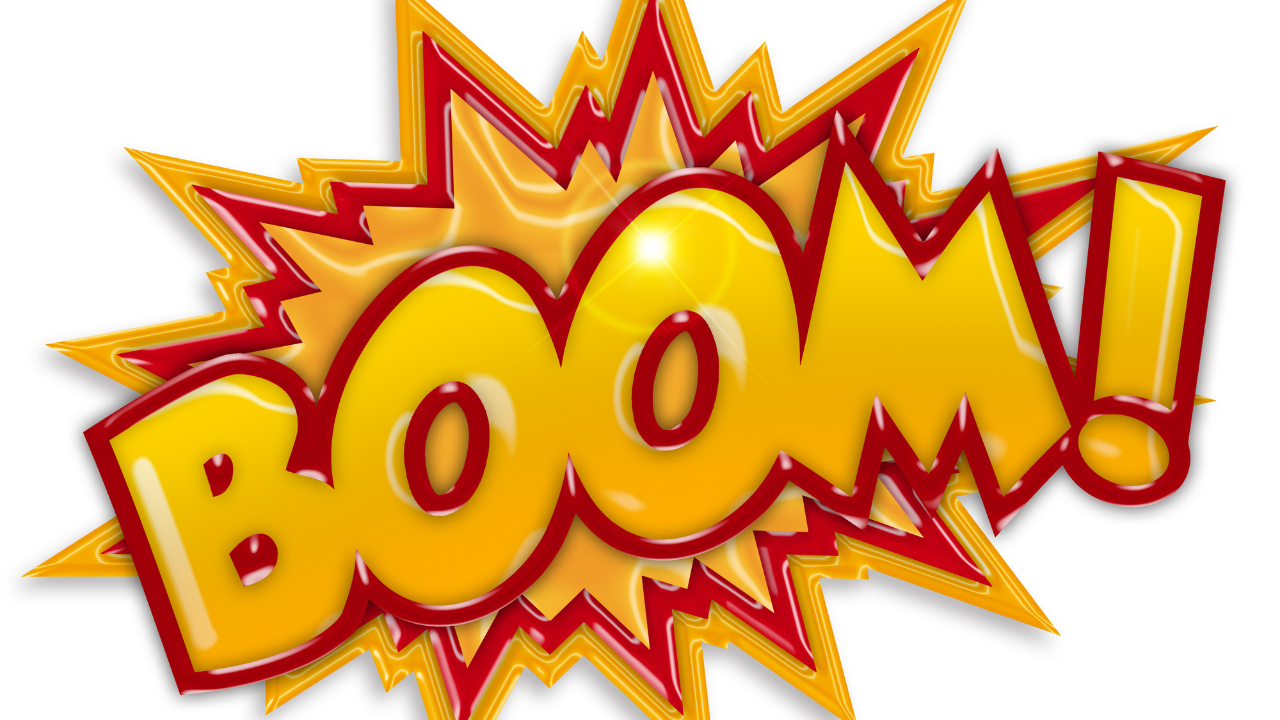Fed Expected to Hold Rates Steady
By THE ASSOCIATED PRESS
The New York Times
Filed at 2:21 p.m. ET
WASHINGTON (AP) -- Faced with an economy that's not showing much gusto, the Federal Reserve probably will hold short-term interest rates at 40-year lows through the summer, giving borrowers yet more time to take advantage of low-cost financing.
That's the growing feeling among economists as Federal Reserve Chairman Alan Greenspan and his Federal Open Market Committee colleagues began a two-day meeting Tuesday to discuss interest rate policy.
Reinforcing that view was a report that showed consumer confidence fell in June to a four-month low. The Conference Board, which calculates the index, said confidence was hurt by accounting scandals and worries about jobs.
By keeping interest rates low, the Fed's goal would be to motivate consumers to spend and businesses to step up investment in new plants and equipment, crucial ingredients to helping along the economy's comeback from last year's recession, economists said.
``The U.S. economy is like a canoe in very choppy water. It is trying to make headway, but it is still very difficult,'' said Lynn Reaser, chief economist with Banc of America Capital Management Inc.
Recent economic reports suggest the recovery is slowing. Some economists believe economic growth, as measured by the gross domestic product, will clock in at around 2.5 percent in the current quarter, down from the brisk 5.6 percent pace posted in the first three months of the year.
Consumers, whose spending accounts for two-thirds of all economic activity, have shown less vigor recently. Sales at the nation's retailers were down 0.9 percent in May, the largest drop in six months, though unusually cool weather was a factor chilling shoppers' appetites.
Still, low mortgage rates and solid appreciation in housing values, especially given the weak performance of the stock market, continue to motivate home buyers.
Sales of previously owned homes dipped 0.3 percent in May but still racked up the fourth-highest monthly level on record: a seasonally adjusted annual rate of 5.75 million, the National Association of Realtors said.
Although the unemployment rate dipped to 5.8 percent in May, the jobs market remains sluggish, and economists worry that could damp consumer spending in coming months.
Manufacturing, after being knocked down by the recession, is back on its feet but isn't bursting with vitality.
Capital spending by businesses has yet to turn around, which means a key component to a sustained recovery is lacking, economists said. Deep cuts in spending on new plants and equipment helped push the economy into recession.
Companies who saw their profits take a hit during the slump are worried about the recovery's staying power and are reluctant to make big commitments, in spending or hiring, until they are convinced the turnaround is for real, analysts said.
Economist Clifford Waldman, president of Waldman Associates, worried that violence in the Middle East, tension between India and Pakistan, threats of new terror attacks on the United States and Enron-type accounting scandals will give companies another reason not to make big commitments.
Fed policy-makers, who meet eight times each year to set interest rate policies, have not changed rates since last December, when they capped a yearlong easing drive by cutting their target for the federal funds rates to 1.75 percent, a 40-year low. The funds rate is the interest banks charge each other on overnight loans.
Banks' prime lending rate, which follows changes in the funds rate, is now 4.75 percent, meaning consumers and businesses are enjoying the lowest short-term borrowing costs since 1965.
Given the spotty recovery, economists are predicting the Fed will leave rates unchanged at the end of their two-day meeting Wednesday and through the summer. Policy-makers have leeway to keep rates low because inflation has been well-behaved, analysts said.
``Events of late give the Fed more reasons to remain on hold,'' said Stuart Hoffman, chief economist at PNC Financial Services Group.
Some economists are now predicting that the first interest-rate increase would come at the Fed's Sept. 24 meeting at the earliest. Some forecast the first rate increase would come later, in November or December. Others believe there's a good chance rates may be left alone for the rest of the year.
Even with the rebound slowing, most economists said they weren't worried that the economy might backslide into a downturn, a ``double-dip'' recession. And, they believed the chance of a Fed rate cut in the coming months was small -- barring a shock to the economy, such as another major terror attack on U.S. soil.
Wie gehts dir ??
C.Webb4
--
PS: Noch 54 Tage...
Text zur Anzeige gekürzt. Gesamten Beitrag anzeigen »
